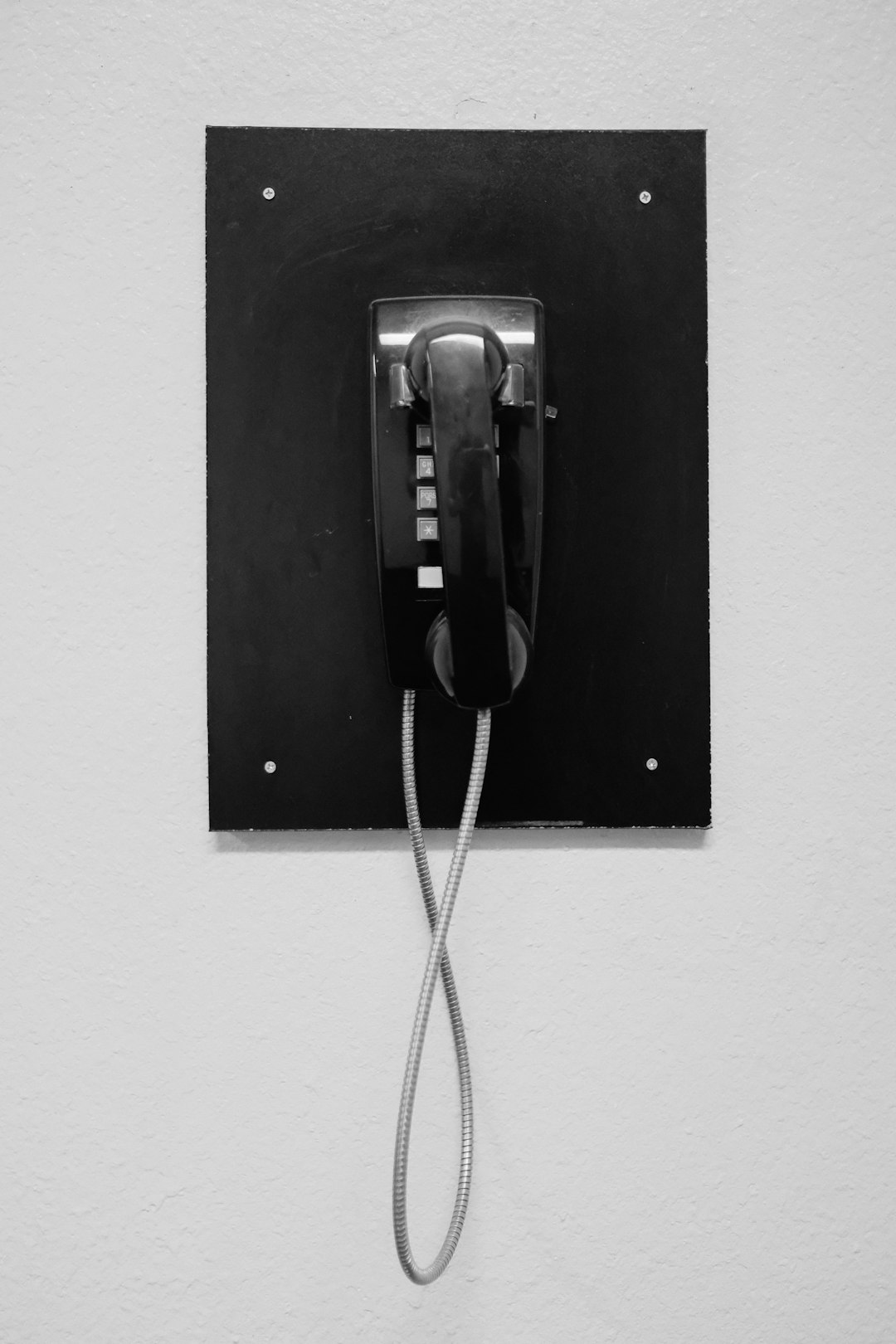Chicago residents can combat spam calls using National Do Not Call Registry, call-blocking apps, regular list updates, and complaint filing with ICC. Proactive measures, combined with regulatory protections, significantly reduce unwanted marketing calls in the city.
In today’s digital age, telemarketing calls have become an increasingly common nuisance, especially in the bustling metropolis of Chicago. Understanding how telemarketing works is the first step towards reclaiming control over your phone lines. This comprehensive guide aims to empower consumers in the Greater Chicagoland Area by equipping them with tools and knowledge to identify spam calls, block unwanted communications, and navigate their consumer rights under Illinois law. Learn effective strategies to create a call-free lifestyle and bid farewell to persistent telemarketers once and for all. Discover how to stop spam calls Chicago residents deserve.
Understanding Telemarketing: A Brief Overview

Telemarketing, a strategy used by businesses to reach and engage potential customers through telephone calls, has evolved significantly over time. It’s more than just cold calling; it involves targeted outreach, often utilizing customer data to personalize interactions. Companies in the Chicagoland area and beyond employ telemarketing to promote their products or services, but it can sometimes feel like an intrusive flood of calls, leading many consumers to wonder, “How to Stop Spam Calls Chicago?”
Understanding this method helps consumers navigate their options effectively. Many legitimate businesses use telemarketing ethically, while others may fall into the spam category. Knowing your rights and using tools provided by regulatory bodies, such as registering for Do Not Call lists, can be powerful steps in curbing unwanted calls. By being aware of telemarketing practices, residents of the Greater Chicagoland Area can take proactive measures to protect their personal time and space from excessive marketing efforts.
How to Identify Spam Calls in Chicago

Spam calls can often be difficult to distinguish from legitimate business calls, but there are ways to identify and mitigate them. In Chicago, several red flags can signal a spam call. Pay attention to unknown numbers, as many spam callers use automated systems to generate vast amounts of random numbers, hoping some will be live lines. Additionally, be wary of calls claiming to be from well-known companies or government agencies, asking for personal information or offering unexpected services. These calls may attempt to scare or rush you into providing details.
To stop these unwanted calls, Chicago residents can take several proactive measures. First, register on the National Do Not Call Registry, which provides a layer of protection against telemarketing calls. Using call-blocking apps or features on your phone is also effective. Many devices now come with built-in call filters that can automatically block known spam numbers. Regularly updating your contact lists to include only trusted sources and being cautious about sharing personal information online can further reduce the likelihood of receiving spam calls.
Blocking and Preventing Unwanted Calls

In the age of digital connectivity, unwanted telemarketing calls can be a persistent nuisance. Fortunately, there are several effective strategies Chicago consumers can employ to block and prevent spam calls from overwhelming their phone lines. One powerful tool is the National Do Not Call Registry, where individuals can register their numbers to opt-out of most marketing calls. This federal registry helps filter out many unwanted callers, but it’s essential to note that some calls may still slip through the cracks.
For more tailored protection, consumers in the Greater Chicagoland Area can utilize advanced call blocking apps and features available on modern smartphones. These tools learn from your preferences and automatically block or silence known spam numbers, significantly reducing the volume of nuisance calls received. Regularly reviewing and updating these settings ensures maximum effectiveness in keeping your phone line clutter-free, allowing you to enjoy a quieter, more peaceful communication experience.
Consumer Rights and Protections in Illinois

In Illinois, consumers have several rights and protections when it comes to telemarketing practices. The Illinois Commerce Commission (ICC) regulates telemarketers operating within the state, ensuring fair business practices. One of the key rights for residents is the ability to opt-out of sales calls by registering with the National Do Not Call Registry. This federal list prevents unwanted marketing calls from businesses across the nation. Additionally, Illinois law allows consumers to block specific numbers that are a source of spam calls using call blocking features on their phone or third-party apps.
If you’re experiencing an excessive number of spam calls in Chicago, you can take action. The ICC encourages consumers to file complaints with their office, which can help identify and penalize offending telemarketers. Knowing your rights and taking proactive steps like registering for the Do Not Call Registry or blocking numbers can significantly reduce the volume of unwanted calls.
Effective Strategies for a Call-Free Life

To enjoy a call-free life, especially in the bustling city of Chicago, it’s essential to arm yourself with effective strategies. One powerful tool is registering your phone number on national “Do Not Call” lists. This federal program restricts telemarketing calls to your home or office. Additionally, consider utilizing apps designed to block spam calls and identify unknown callers—many offer customizable settings to suit your preferences.
Empowering yourself with technology and legal tools is a significant step towards curtailing unwanted telemarketing calls. Regularly reviewing and updating these measures ensures you maintain control over your communication environment. Remember that staying informed and proactive is key in the ongoing battle against spam calls, especially as technologies evolve to adapt to new tactics.






